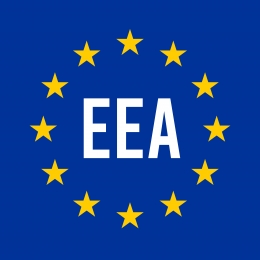European Economic
and Social Committee
European Economic Area
The European Economic Area (EEA) brings together the EU Member States and the three EEA EFTA States (Iceland, Liechtenstein, and Norway) in an Internal Market governed by the same basic rules. These rules aim to enable goods, services, capital, and persons to move freely about the EEA in an open and competitive environment. The Agreement on the European Economic Area entered into force on 1 January 1994.







